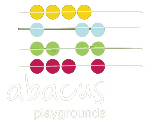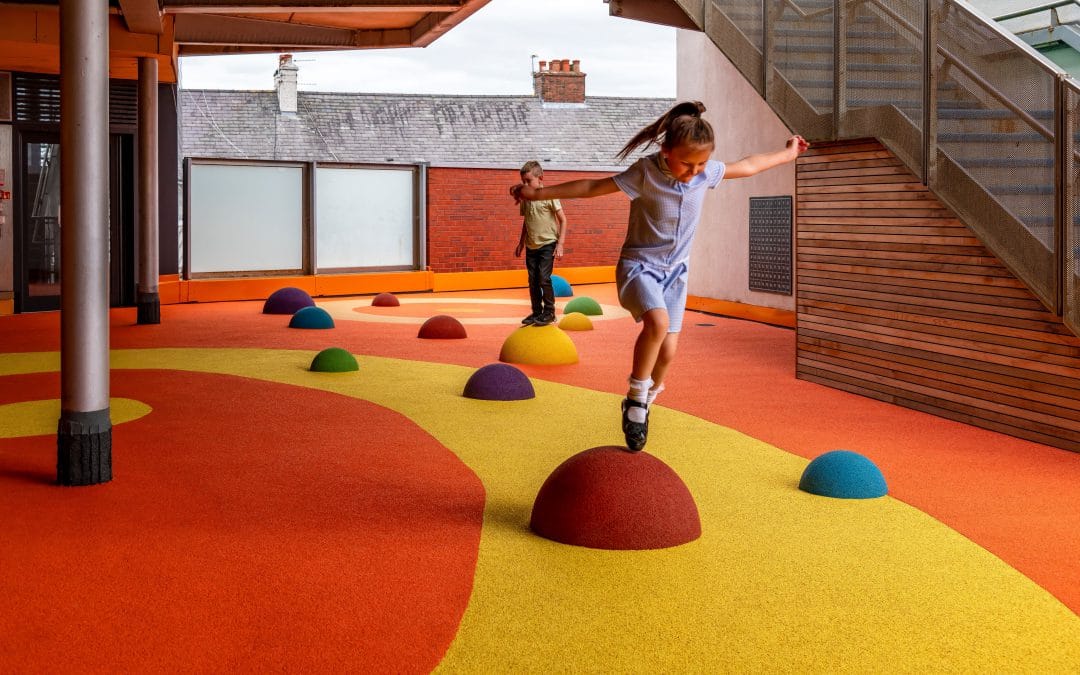The playground is somewhere that children can let off some steam, socialise with friends and play all sorts of fun games with each other. It’s a great way to give kids a break from the classroom environment and to help them get out of their heads and into their bodies. However, that’s not where the impact of a playground ends – it also has an important role to play in learning.
● Health and wellness. Physical activity is great for children, learning how it feels to get caught up in the excitement of a game, to push themselves physically and to try new things. Children who are inspired by a playground to continually try new sports and activities will learn how to build muscle and strength, building physical confidence and a greater understanding of their own bodies. A playground is also a great place to learn new types of movement and keeps children away from the distraction of screens. It’s somewhere that reflexes can be honed and movement control enhanced and where children can learn about mobility and balance.
● Cognitive development is another learning experience that is beneficial for children in a playground environment. From language skills to being able to communicate opinions to other people, time in the playground is vital for positive cognitive development. Problem-solving skills are also learned in the playground, as well as independent thinking. The use of games in the playground can be a very effective way to support classroom learning and encourage children to continue to explore the lessons they are being taught.
● Emotional development. The playground is also a fantastic environment for children when it comes to emotional development. There are so many experiences that can arise from free play, including conflict resolution, dealing with disappointment, as well as sharing and collaboration. Overcoming challenges builds self-esteem and children learn how to deal with what scares them. A playground is a safe space for children to grow emotionally and this is incredibly important because it creates firm foundations for the skills that all of us need to thrive as adults. This is especially key when it comes to creative games and imaginative play, which can feel very vulnerable at first.
● Learning social skills. Playground environments are the ideal space for children to interact with one another, to learn how to communicate and deal with disputes or conflict, as well as how to find joy in the company of others. Playing games creates the space for collaboration and learning how to express ideas and creativity to others. Following the rules of the playground and considering the experience of others in the same space is also very valuable when it comes to empathy and understanding. Solo play is also to be encouraged in playgrounds because this encourages children to be independent.
A child’s experience in the playground goes much further than just running around with friends and blowing off some steam. It’s also an intensive learning environment that can support development in many different ways.

